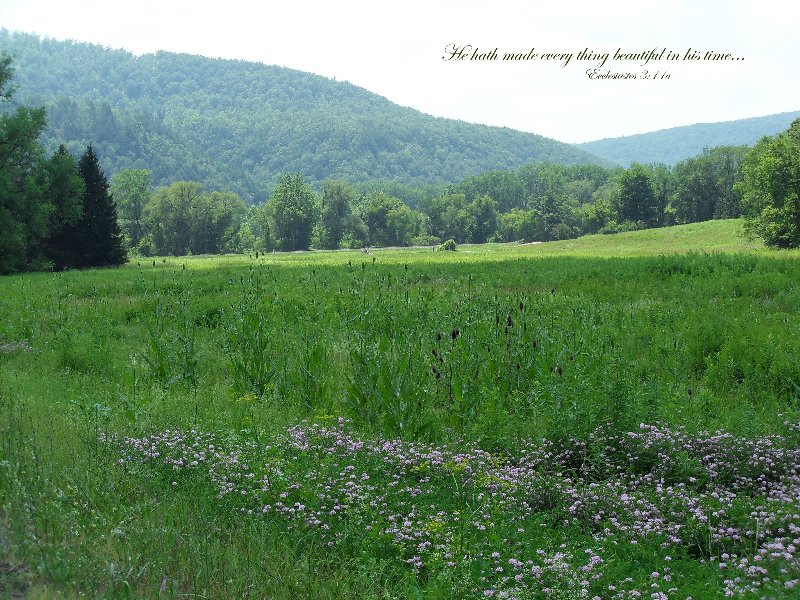Day 34, Saturday, March 31, 2012

After His wilderness experience Jesus returned to Galilee, his home. He did so glowing from being in the presence of God, and full of the anointing and power of the Holy Spirit. You would expect that people must have been in awe of Him, accepted His teachings, repented from their sins, and soon He was a great leader with a huge following. Well, the first reaction at home was great, as Luke says, “Jesus returned to Galilee in the power of the Spirit, and news about him spread through the whole countryside. He was teaching in their synagogues, and everyone praised him” (Luke 4:14-15 NIV). However, as soon as Jesus began to apply the Word of God to Himself and preached about God’s grace in choosing Israel, out of many nations, to be His people, the folks got mad at Jesus. In the same chapter 4, where we just saw people praising Him, Luke further says, “All the people in the synagogue were furious when they heard this. They got up, drove him out of the town, and took him to the brow of the hill on which the town was built, in order to throw him off the cliff. But he walked right through the crowd and went on his way” (Luke 4:28-30 NIV). They were His own people, as they knew Him and His family well. They did recognize God’s presence with Him and the anointing and authority with which Jesus spoke to them: “And all spoke well of him, and wondered at the gracious words which proceeded out of his mouth…” (Luke 4: 22 RSV). But as I just said, they became indignant the moment Jesus proclaimed that God’s Word is about Him and for Him. He applied the words of prophecy to Himself. He also proclaimed the gospel of grace by citing the history of Israel that deals with God’s act of choosing people for His purpose and glory through His grace alone and not because of their merit. People were not ready to accept it and immediately wanted to end His life.
The world is no different today. We often expect that our life will be easy and received well once we spend time with God and are anointed by the Holy Spirit for His work. All people will just praise us and glorify our life and ministry. In fact, this is exactly the impression that many televangelists and prosperity preachers give today as they show images of “miracles” amidst huge crowds in mega cities of the majority world. They claim to be popular because God is supposedly with them and working through them. But we need to test if they’re living according to the Word and preaching the gospel of Jesus Christ. This Lent, we need to pause and reflect on the life of Jesus and assess our lives today in light of Jesus’ life and the Word of God. Are we applying daily the Word of God that we received in our wilderness experience in our lives or are we just listening/reading it? Satan is very happy if we only read or listen, but we will make him really mad the moment we begin to apply it in our lives personally. The world is not going to love it; in fact, they are going to hate us and shun us completely when we walk in the light of His Word and the grace brought to us through the gospel of Jesus Christ. However, miracles or no miracles, God’s Spirit and His power are always with us and He will help us lead a holy life according to His Word. The world is not going to accept us or receive us favorably if we proclaim the gospel of grace, as Jesus Himself has already warned us in John 15: 18-27. May God’s Spirit be with you this weekend. Amen.
Related articles
- How you can receive and use the power of God (writenwodexpress.com)
- They took counsel how to put him to death (worryisuseless.wordpress.com)
- “The truth will make you free” (worryisuseless.wordpress.com)
- Apostles and Prophets, Apostles are Spiritual people, who also valued characters. (Transformations of the hearts). (representers.wordpress.com)








